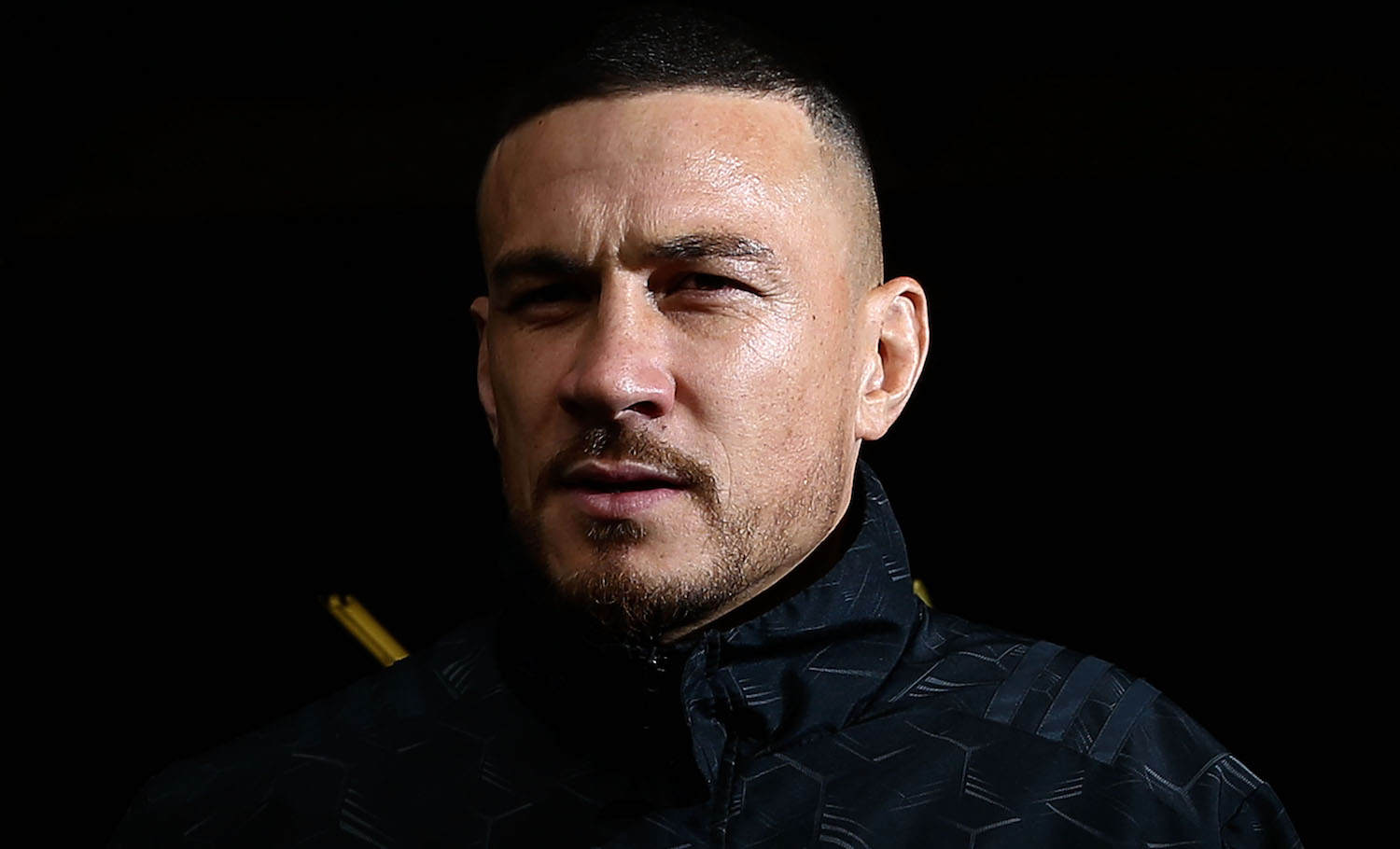As “one of New Zealand’s darkest days” drew to a close last night the death toll stood at 49, with a further 42 innocent people in hospital with injuries, some of them, including a 4-year-old child, in critical condition.
Sickening, senseless and Islamophobic are some of the words that have been used to describe the actions of the gunman who mowed down men, women and children at two Christchurch mosques – the Masjid Al Noor mosque in Deans Avenue and the Linwood Masjid on Linwood Avenue – while they were in prayer yesterday afternoon, March 15, 2019.
With one man charged with murder and a further two people in custody, the killings have officially been recognised as terrorist attacks.
Prime Minister Jacinda Ardern was visibly shaken as she condemned the “unprecedented violence” in a televised press conference.
New Zealand is believed to have been targeted because we are a nation considered to be safe: if this can happen in New Zealand you are not safe anywhere, the gunman is believed to have intended the attacks to tell the world.
Ardern issued a clear response: “You may have chosen us. But we utterly reject and condemn you.”
“This is not the New Zealand we know and love,” said former prime minister Helen Clark on Twitter.
We are a nation in shock, horrified and still in disbelief about the turn of events that unfolded yesterday. If we, as adults, are struggling to make sense of it, how then, are our children?
How much of the round-the-clock news have they heard or watched, and understood?
I struggled to know what to say to my 10 year old son yesterday. If you’ve struggled too, this advice from clinical psychologist Dr Sarb Johal may help.

Floral tributes are left before dawn at Deans Avenue near the Al Noor Mosque. Photo: Getty Images
“I’ve been asked by a few people about how to talk about the terrible multiple attacks in Christchurch,” he says, “especially with children and young people and you have a parental or other caregiving role with them. Should you even be talking about it at all?
“There’s only so much information that’s going to make it any more understandable. Children take their cue from parents or caregivers. They’ll be looking to parents for a signal as to how to react to a situation. If you’re feeling shaky – and I know I am – it’s important to ensure that you get the support you can at a time when it makes sense for you to get it.
“In the immediate short term, it’s important parents help children identify their emotions. By helping to name what they are experiencing, it helps them to verbalise and organise what they are experiencing – which is the first step of being able to process what has happened.
“When kids are feeling fearful or anxious it’s okay to distract them for a while, but it’s also equally valid to acknowledge that, help them to name that and help them to deal with that. Get to know what your child’s need for information is. Ask them what they would like to know, and give them access to that information too. Tell them enough to be safe, and no more than that. Avoid unnecessary graphic detail.
“And in terms of exposure to imagery and audio descriptions about what happened in the event, understand that repeated exposure can increase the risk of anxiety and or other issues. So, minimising this is a good idea, without burying your head in the sand.”


